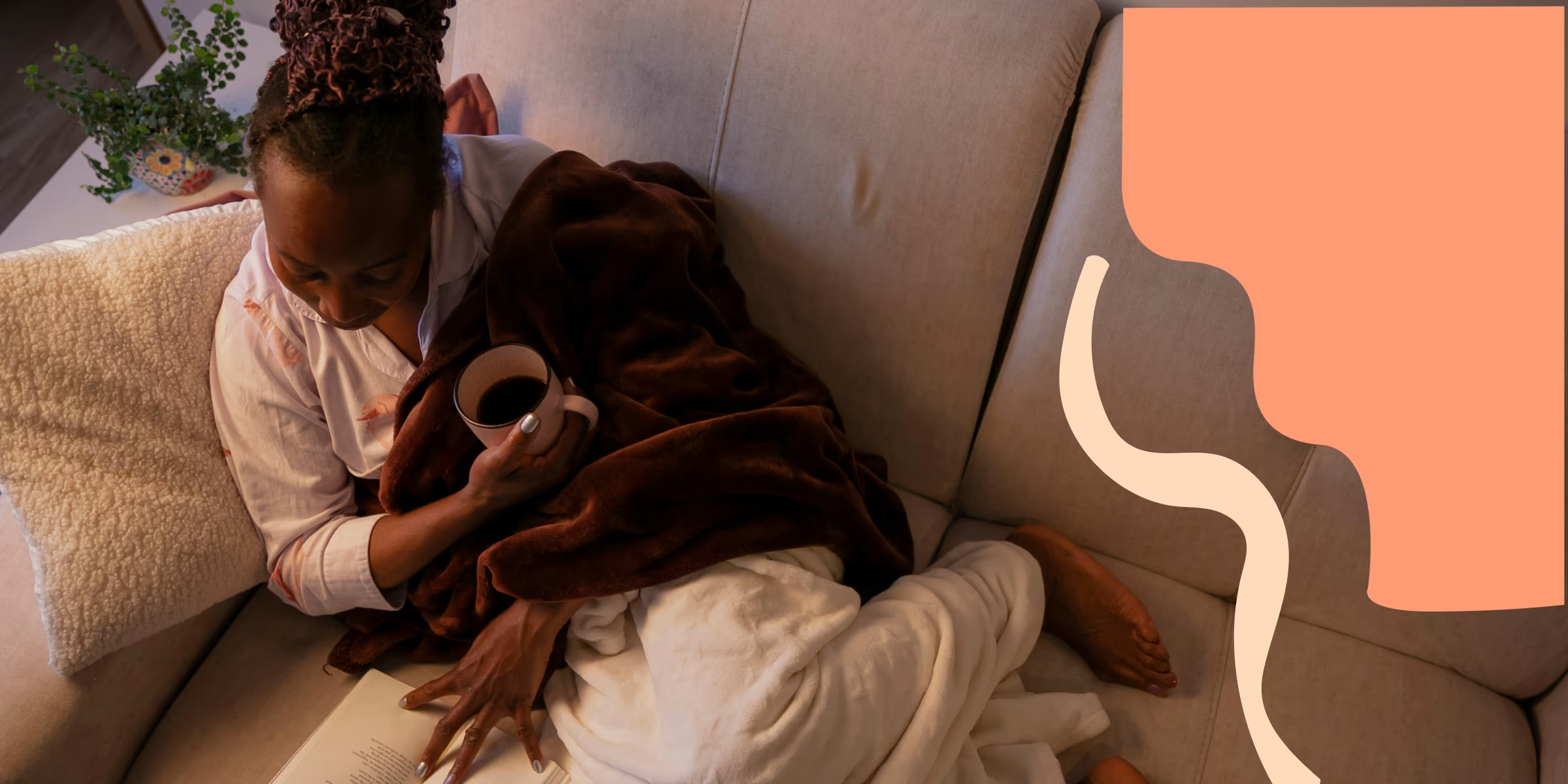Thinking about your future fertility while you’re on birth control? If so, you’ve landed in the right place. The good news is that using birth control does not harm your ability to get pregnant later on. Whether you’ve been on the pill for a few months or had an IUD for several years, your fertility isn’t in jeopardy just because you’ve been preventing pregnancy.
In this guide, we’ll clear up common myths, share what the research says, and explain what to expect when you stop birth control.
If you’re looking for birth control right now, Hey Jane can help. Our licensed providers can prescribe 100+ options, all from the comfort of home. See if you’re eligible.
Can birth control cause infertility?
No, birth control does not cause infertility in the future. When you stop taking the pill or have your IUD removed, your body may need a little time t.o adjust. Your first few cycles might be irregular, but this doesn’t mean anything is “wrong.”
What the research says: A large review found that 83% of people got pregnant within 12 months of stopping birth control—whether it was the pill, an IUD, or the implant.
TL;DR: People can and do get pregnant after stopping birth control, often within a few cycles.
How different types of birth control affect your fertility
Each method works differently, so the time it takes for your cycle to return can vary. But none of them cause long-term fertility issues. Here’s what to expect:


What if I’ve been on birth control for years?
Whether you’ve used birth control for one year or 10+, there’s no evidence that long-term use harms fertility. Once you stop, your natural hormones kick back in—sometimes quickly, sometimes after a few cycles.
Age does affect fertility, but birth control itself does not.
How soon can I get pregnant after stopping birth control?
You can get pregnant as soon as the next time you ovulate, but every person is different. For many people, ovulation can restart immediately if you were on the pill, patch, or vaginal ring, or take a few weeks or months if you were taking the shot (Depo-Provera).
How soon can I get pregnant after my IUD is removed?
If you have an IUD (hormonal or copper), ovulation can restart almost immediately once the device is removed. Some people even get pregnant in the first month, so don’t wait to start tracking your period if you’re trying to conceive.
When to talk to a provider
If you’ve been trying to get pregnant for a while without success, it’s okay to reach out for support. Consider talking to a healthcare provider if:
- You’ve been trying for 12 months (or 6 months if over 35) without success.
- Your periods are still irregular several months after stopping birth control.
- You’re not ovulating, even though you’ve stopped contraception.
- You have a condition like polycystic ovary syndrome (PCOS) or endometriosis.
This isn’t about blaming birth control. It’s about understanding your body and getting the right care. Once you stop, your chances of getting pregnant return—sometimes right away, sometimes after a few cycles. If you’re worried, your provider can help guide you.
Birth control doesn’t impact your fertility. If you’re ready to stop using it and start (or expand) your family, your body is likely more prepared for the journey than you might think.
Still figuring out what kind of birth control fits best for your needs and lifestyle right now? We’ve got you covered. At Hey Jane, you’ll get science-backed options, personalized guidance, and convenient consultations from home. Get started here.


Want to take action?
Join the Un-Whisper Network














.avif)


